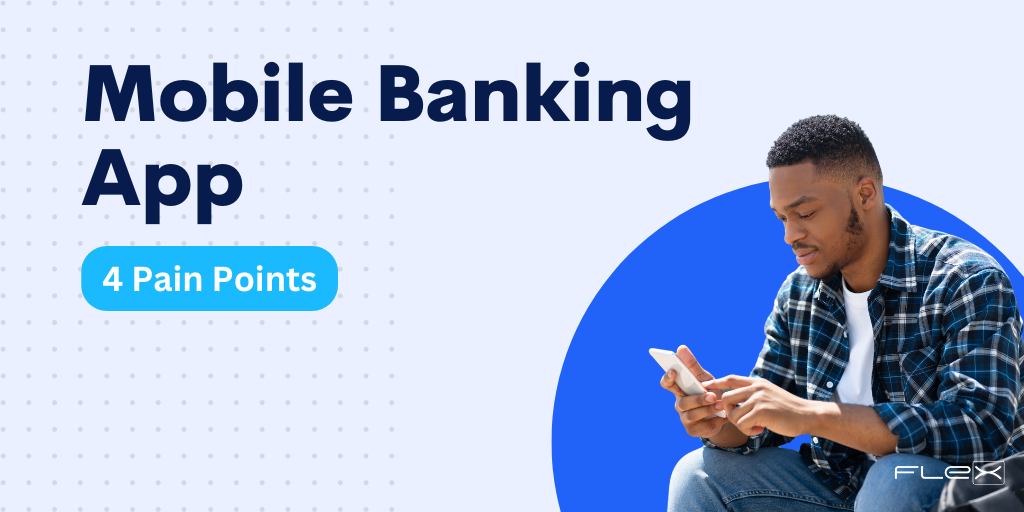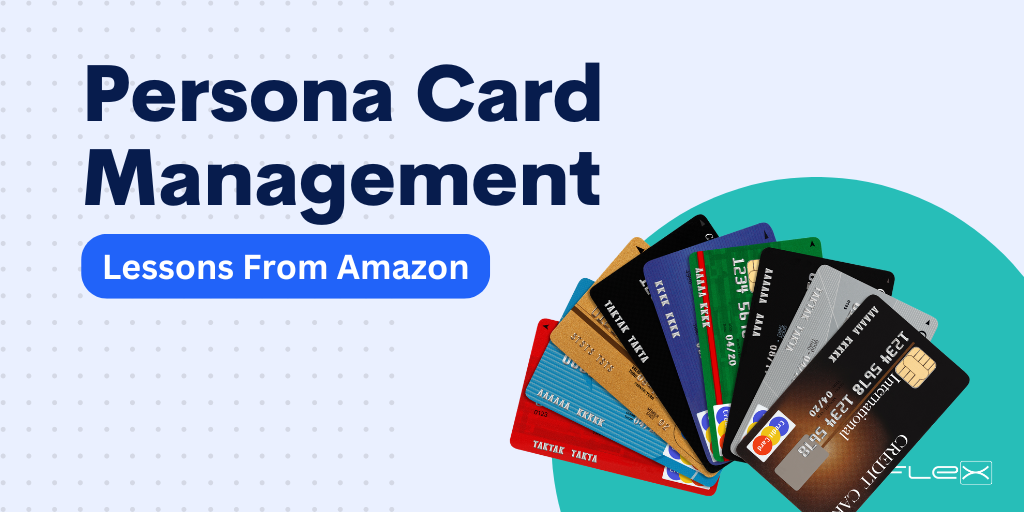Reduce Friction for New Account Opening with this Checklist
 Every time we talk about adding new services or planning for member onboarding improvement, the goal is to "reduce friction." This means when someone is trying to accomplish a goal, you help them achieve it with as little resistance and as few steps as possible. You want the experience to be easy. This is especially true during account opening as it can set the expectations for the member experience moving forward. Here is a quick reference on what a member will need and an explanation of why you need it.
Every time we talk about adding new services or planning for member onboarding improvement, the goal is to "reduce friction." This means when someone is trying to accomplish a goal, you help them achieve it with as little resistance and as few steps as possible. You want the experience to be easy. This is especially true during account opening as it can set the expectations for the member experience moving forward. Here is a quick reference on what a member will need and an explanation of why you need it.
What You’ll Need
%20(1250%20x%201875%20px)%20(2000%20x%203000%20px).webp?width=2000&height=3000&name=Account%20Opening%20Checklist%20(750%20x%201125%20px)%20(1250%20x%201875%20px)%20(2000%20x%203000%20px).webp)
A U.S. or Foreign Government-Issued ID with a Photo
Every member needs to present a government-issued form of identification. This could be a U.S. ID or an acceptable foreign ID. Each credit union has its own policy on which foreign IDs are accepted, but many will take foreign passports or Consular IDs, such as the Matricula Consular card.
Why is this needed? This ID is used to compare the name on the account to the U.S. Treasury Files for any potential matches with the Office of Foreign Assets Control (OFAC) and the Financial Crimes Enforcement Network (FinCEN). If a match is found, it triggers a warning that requires further investigation to ensure compliance.
A Second Form of Identification
In addition to the primary ID, you'll need a second form of identification. This could be a Social Security card, a bill with your name and address, or your birth certificate.
Why is this needed? The second ID helps confirm that the applicant has multiple valid forms of identification, adding an extra layer of verification.
A Social Security Number (SSN) or Individual Taxpayer Identification Number (ITIN)
Providing your SSN or ITIN is a must.
Why is this needed? Since checking and savings accounts are interest-bearing and therefore taxable, they must be reported to the IRS. Your SSN or ITIN is essential for this reporting.
Money to Open the Account
To open an account, you'll need to deposit a minimum amount, which usually ranges from $25 to $100.
What Your Member Services Representative (MSR) Will Share
When you’re opening your account, your MSR will provide important information, including:
- Monthly service fees
- Minimum balance required to avoid monthly service fees
- Fees for transactions, overdrafts, or ATM use
- How to access your account information
Ensure Your Members Onboard with Ease
New member onboarding for your credit union is a critical time where you need to communicate early and often and make things as easy as possible for your members to find the answers they need. This checklist will help you get them prepared to bring the right materials and know why they are important. Our Member Onboarding eBook can be another tool in your arsenal, too.



